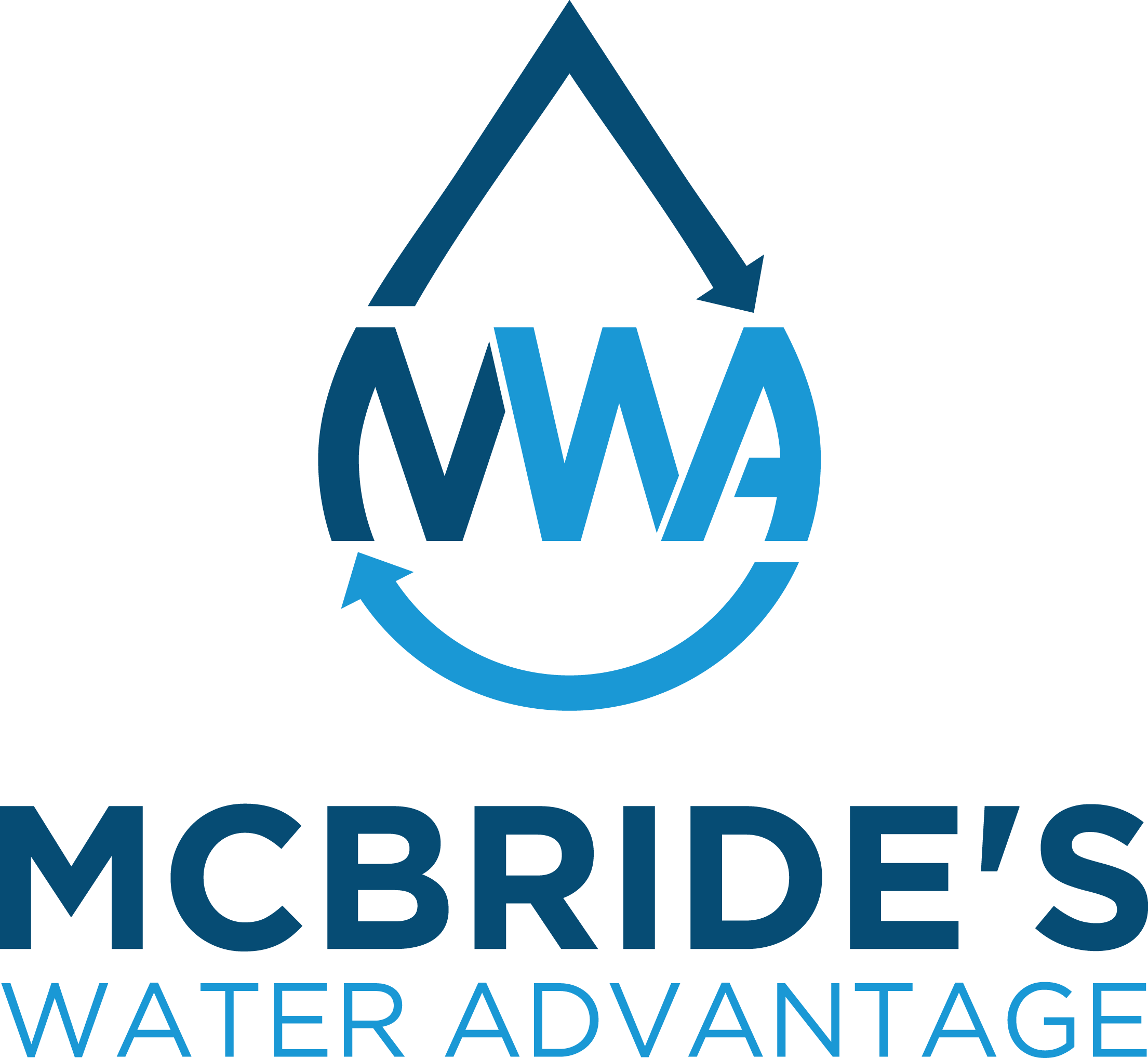 One aspect of water quality that often gets overlooked is how it can affect you in the shower. But when you think about the fact that the shower is when your body is exposed to tap water for 5-10 minutes every day, it’s easy to see how poor water quality might start to take its toll. One of the most obvious examples of this is how certain water contaminants can affect the look, feel and health of your hair. Today we’re going to talk about the effects that water quality has on your hair and which filtration systems can help keep your hair healthy!
One aspect of water quality that often gets overlooked is how it can affect you in the shower. But when you think about the fact that the shower is when your body is exposed to tap water for 5-10 minutes every day, it’s easy to see how poor water quality might start to take its toll. One of the most obvious examples of this is how certain water contaminants can affect the look, feel and health of your hair. Today we’re going to talk about the effects that water quality has on your hair and which filtration systems can help keep your hair healthy!
Two of the most common water quality issues can have big effects on your hair
Chlorine and hard water are the two water quality issues that affect your hair the most. Unfortunately, these also happen to be two of the most common water quality issues that are present in New Hampshire homes. Hard water, for example, is found in approximately 85 percent of homes in the United States. Chlorine, for its part, is the most commonly-used disinfectant by water treatment plants and is also used to treat private wells. With that in mind, the chances that your home’s water quality will affect your hair are very high if you shower in unfiltered tap water.
What effects does water quality have on your hair?
- Dry hair. When you shower in hard water, hardness minerals cling to your hair and make it feel knotty and dry. In addition, because hard water does not lather well with soaps and shampoos, soap molecules can cling to your hair and clog up your pores, preventing moisture from reaching your hair. Chlorine can also dry out your hair because the chemical interferes with your scalp’s natural moisturizing process, which keeps your hair dry throughout the day.
- Unclean hair. As we mentioned above, soaps and shampoos do not lather well in hard water. So when you shower in hard water, those products are not nearly as effective as they would be in soft water and your hair will retain oils and dirt particles.
- Ineffective hair dyes. If you use any dyes to color your hair, chlorine can interfere with them in two ways. First, chlorine causes colors to fade, so hair dyes are not as effective in water that contains high levels of the chemical. Second, chlorine shortens the amount of time that hair dyes last, so your hair’s color will begin to fade quicker than you’d expect.
- Dandruff. Dandruff is caused by skin particles that flake off of dry scalps. Chlorine and hard water can both dry out your scalp, so the presence of either of them in your water can increase the amount of dandruff that you have. This is true even if you use anti-dandruff shampoos.
- Hair loss. Hair tends to be more fragile when it’s dry. So if you are prone to hair loss or you are already experiencing hair loss, hard water and chlorine can both accelerate the process. In addition, hardness minerals can plug up your hair follicles, which causes hair to break off at the base.
Water treatment systems can prevent the effects poor water quality has on your hair
The best way to protect your hair from poor water quality is to ensure that your home’s water is soft and free of chlorine. McBride’s offers a number of products that are capable of taking care of both hard water and chlorine, including water softeners to remove hardness minerals from your water and a variety of filtration systems that can remove chlorine.
If you have any questions about the effects your home’s water quality can have on your hair, or if you’d like a water system serviced or installed in your home, contact McBride’s Water Advantage, your water softener and water filtration system dealer in Epsom, NH. We provide service all over New Hampshire, including towns like Bow Center, Northwood and Deerfield, NH.
photo credit: 23213785@N03 via photopin (license)
